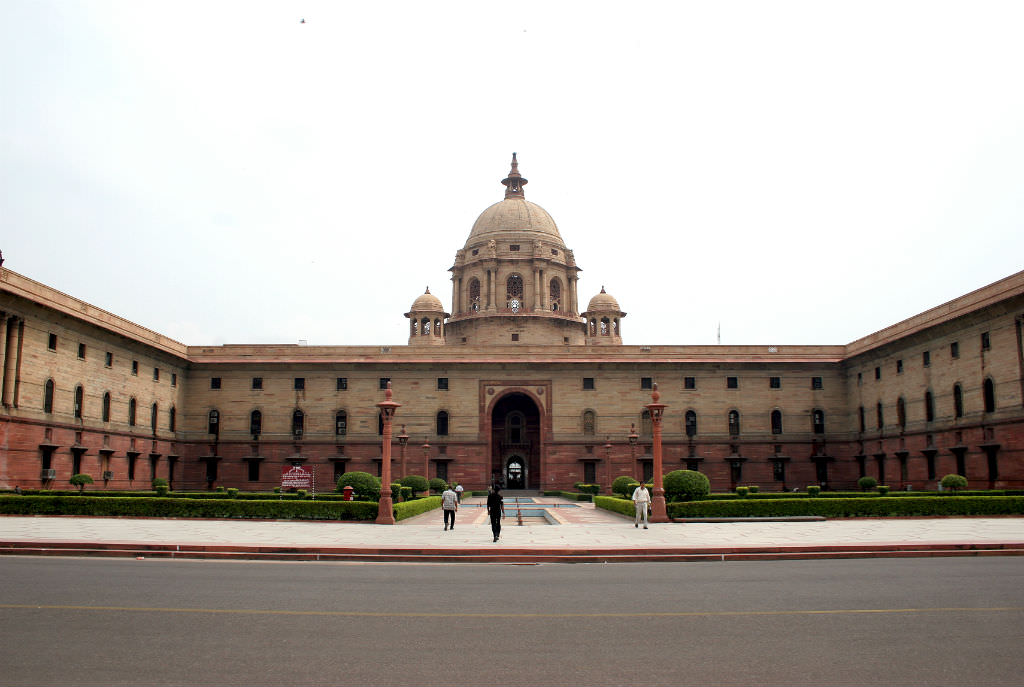
Reserve Bank of India Issues Virtual Currency Warning
On Tuesday the Reserve Bank of India (RBI) issued a statement warning the public against the use of virtual currencies. The bank cautioned users, holders and traders of virtual currencies about the potential financial, operational, legal, customer protection and security-related risks they are exposing themselves to.
The bank pointed out that it has been keeping a close eye on developments in the virtual currency world, including bitcoins, litecoins, bbqcoins, dogecoins and other altcoins.
RBI outlines digital currency risks
The RBI outlined several potential risks related to digital currencies, echoing warnings issued by several central banks and national regulators over the last few weeks. The bank specifically identified the following risks:
- Digital currency stored in wallets is prone to theft and loss via misuse or malicious intent, ranging from loss of password, hacking, malware and compromised access credentials. “Since they are not created by or traded through any authorised central registry or agency, the loss of the e-wallet could result in the permanent loss of the virtual currencies held in them,” the RBI said.
- Payments and transactions handled in digital currencies take place on a peer-to-peer basis without an authorised central agency to regulate such payments. Therefore there is no established framework for recourse to customer problems / disputes / chargebacks etc.
- There is no underlying value or backing for digital currencies. As they lack intrinsic value, the bank warns that their value is a “matter of speculation.” The bank adds that huge volatility in value exposes users to potential losses.
- Exchange platforms are set up in various jurisdictions and in many cases their legal status is unclear. This means users of such platforms are exposed to potential legal as well as financial risks.
The RBI also pointed out that there have been “several media reports” on the usage of digital currencies for illicit and illegal activities in several jurisdictions.
“The absence of information of counterparties in such peer-to-peer anonymous/ pseudonymous systems could subject the users to unintentional breaches of anti-money laundering and combating the financing of terrorism (AML/CFT) laws,” the bank warned.
Potential implications
The Reserve Bank of India says it is in the process of examining issues associated with digital currencies, including usage, holding and trading of virtual currencies under India’s existing regulatory framework. Applicable legislation includes foreign exchange and payment systems laws and regulations.
There are a few exchanges and trading platforms in India and most of them were launched earlier this year. Although they tend to allow users to purchase bitcoin in rupees, none of them appear to have regulatory approval to do so. However, since India does not have digital currency legislation, it is impossible to get such approval, unless Indian regulators decide to apply existing foreign exchange regulations to bitcoin.
For now though, India does not have bitcoin regulation and it is unclear whether the RBI’s statement will change anything moving forward.
DISCLOSURE
The leader in news and information on cryptocurrency, digital assets and the future of money, CoinDesk is a media outlet that strives for the highest journalistic standards and abides by a strict set of editorial policies. CoinDesk is an independent operating subsidiary of Digital Currency Group, which invests in cryptocurrencies and blockchain startups. As part of their compensation, certain CoinDesk employees, including editorial employees, may receive exposure to DCG equity in the form of stock appreciation rights, which vest over a multi-year period. CoinDesk journalists are not allowed to purchase stock outright in DCG.

